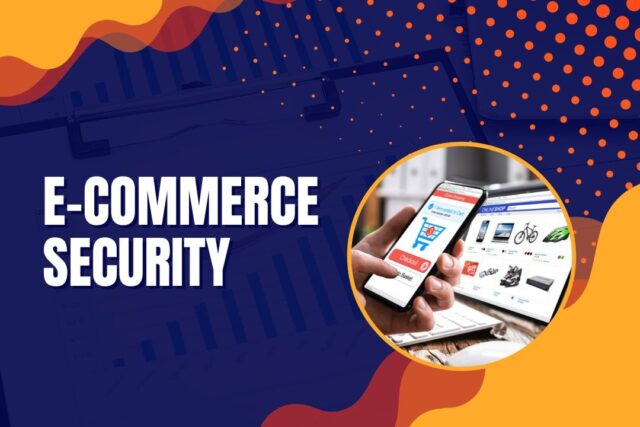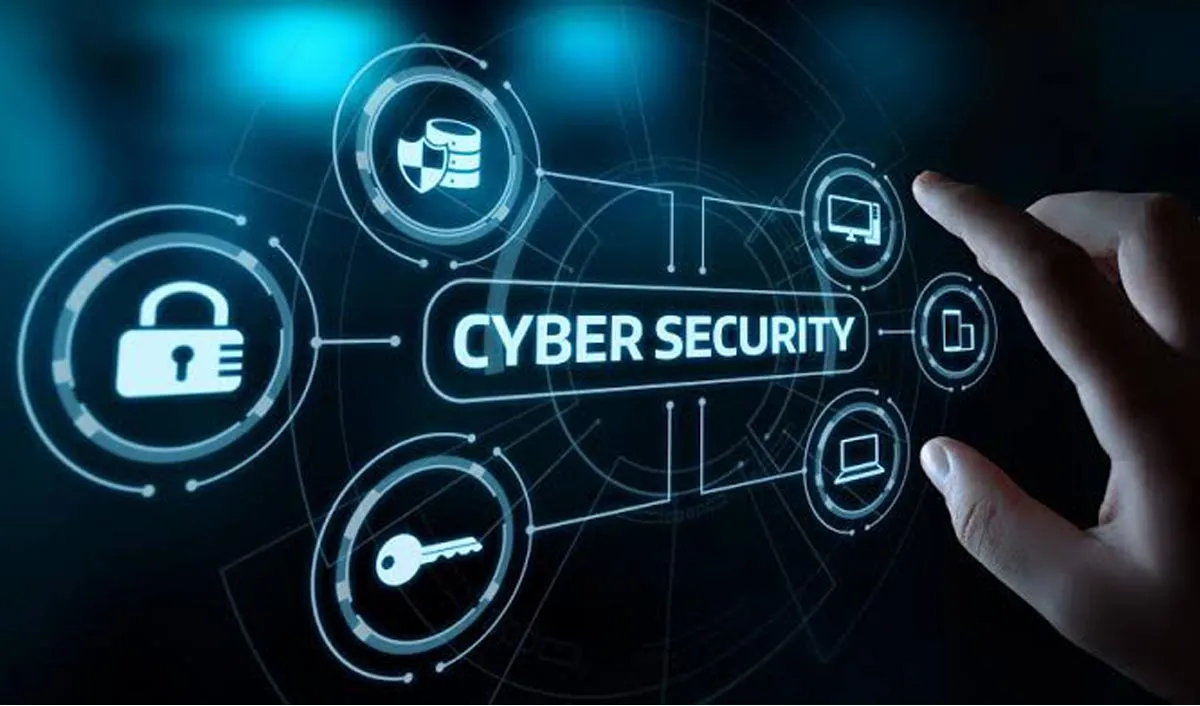In the digital age, e-commerce startups are thriving, particularly in culturally rich cities like Agra, known for its unique craftsmanship and products. However, as these businesses expand their online presence, they face a growing number of cyber threats. For Agra-based e-commerce startups, ensuring robust IT security is not just an option—it’s a critical necessity. Here’s why IT security is essential for these businesses.

1. Protection of Sensitive Data
E-commerce platforms handle sensitive information, including customer details, payment information, and transaction history. A data breach can expose this information to malicious actors, leading to identity theft and fraud. Implementing strong IT security measures, such as encryption, firewalls, and secure payment gateways, protects sensitive data from unauthorized access and builds customer trust.
2. Maintaining Customer Trust
Trust is a cornerstone of any successful e-commerce business. Customers need to feel confident that their personal and financial information is secure. A single security breach can tarnish a startup’s reputation, resulting in lost customers and diminished brand loyalty. By prioritizing IT security, Agra-based e-commerce startups can assure their customers that their data is protected, fostering long-term relationships and repeat business.
3. Compliance with Regulations
E-commerce businesses are subject to various legal and regulatory requirements, including data protection laws such as the General Data Protection Regulation (GDPR) and the Information Technology Act in India. Failure to comply with these regulations can result in hefty fines and legal repercussions. Implementing robust IT security measures helps startups adhere to these laws, ensuring that they operate within legal boundaries while safeguarding customer information.
4. Prevention of Financial Losses
Cyberattacks can lead to significant financial losses for e-commerce startups. The costs associated with data breaches, system downtime, and loss of business can be crippling, especially for new ventures operating on tight budgets. Investing in IT security solutions can mitigate these risks, helping startups protect their financial resources and maintain profitability.
5. Safeguarding Intellectual Property
Agra-based e-commerce startups often rely on unique designs, products, and branding to differentiate themselves in a competitive market. Protecting intellectual property, such as trademarks and proprietary designs, is essential for maintaining a competitive edge. Cybersecurity measures help prevent unauthorized access and theft of sensitive business information, ensuring that startups can safeguard their innovations.
6. Enhancing Operational Continuity
Cyber incidents can disrupt business operations, leading to downtime and loss of revenue. Effective IT security strategies include proactive monitoring and incident response plans, allowing startups to quickly address security threats and minimize operational disruptions. By maintaining continuity, Agra-based e-commerce startups can ensure a seamless shopping experience for their customers.
7. Building a Strong Brand Image
In today’s digital landscape, a strong brand image is critical for attracting and retaining customers. A commitment to IT security enhances a startup’s credibility and positions it as a responsible business that values customer safety. By actively promoting their security measures, Agra-based e-commerce startups can differentiate themselves in the market and attract more customers.
8. Staying Ahead of Cyber Threats
Cyber threats are constantly evolving, with new vulnerabilities emerging regularly. For e-commerce startups, staying ahead of these threats requires ongoing investment in IT security. Regular security assessments, employee training, and updates to security protocols can help startups adapt to the changing landscape and protect their businesses from potential attacks.
Conclusion
For Agra-based e-commerce startups, robust IT security is not just a technical requirement—it’s a strategic imperative. Protecting sensitive data, maintaining customer trust, ensuring compliance, preventing financial losses, and safeguarding intellectual property are all critical components of a successful e-commerce strategy. By prioritizing IT security, startups can create a safe and reliable shopping environment that fosters customer loyalty and drives growth.


No responses yet